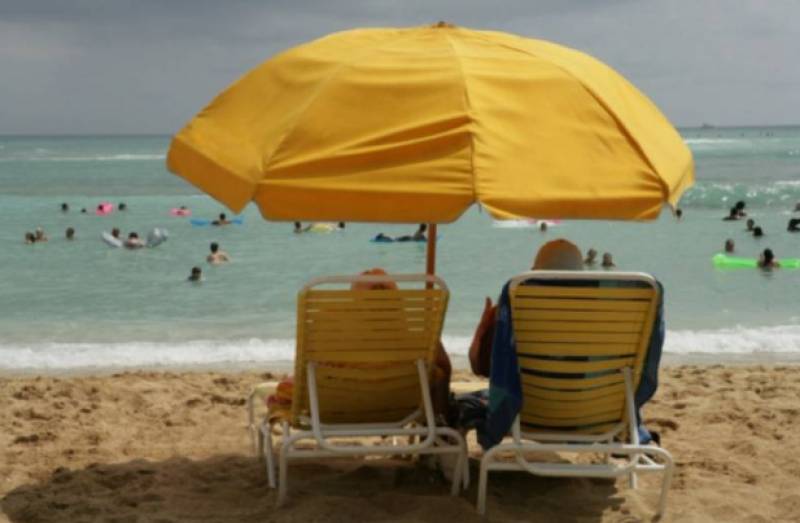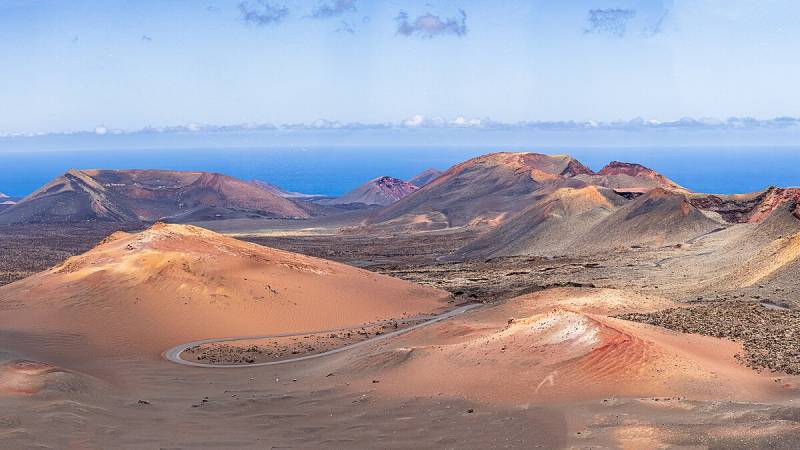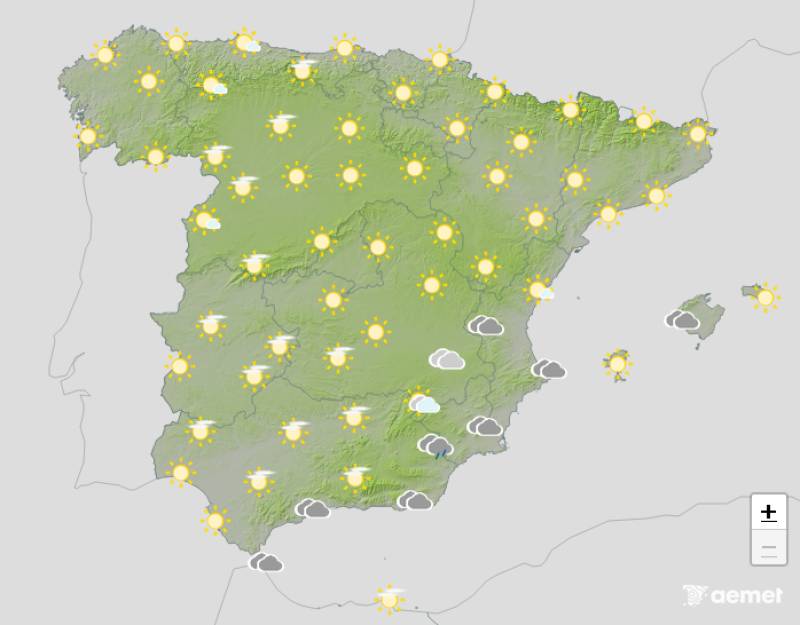

Guidelines for submitting articles to San Pedro del Pinatar Today
Hello, and thank you for choosing San Pedro del Pinatar.Today to publicise your organisation’s info or event.
San Pedro del Pinatar Today is a website set up by Murcia Today specifically for residents of the urbanisation in Southwest Murcia, providing news and information on what’s happening in the local area, which is the largest English-speaking expat area in the Region of Murcia.
When submitting text to be included on San Pedro del Pinatar Today, please abide by the following guidelines so we can upload your article as swiftly as possible:
Send an email to editor@spaintodayonline.com or contact@murciatoday.com
Attach the information in a Word Document or Google Doc
Include all relevant points, including:
Who is the organisation running the event?
Where is it happening?
When?
How much does it cost?
Is it necessary to book beforehand, or can people just show up on the day?
…but try not to exceed 300 words
Also attach a photo to illustrate your article, no more than 100kb

Nestlé backs Spanish farmers with nearly €12 million
Investment aims for greener farming and cleaner air by 2050
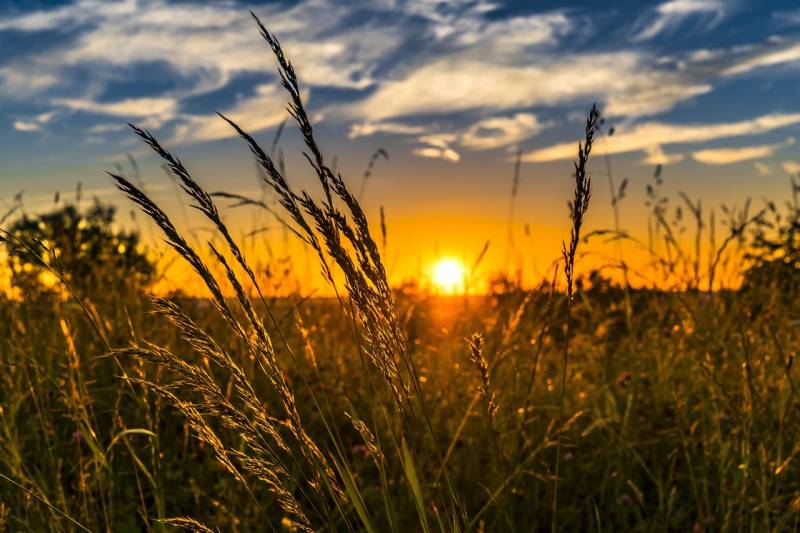 Nestlé is making a big push for sustainability in Spain, teaming up with 500 local farmers and investing almost €12 million to grow food in ways that help the planet and cut emissions. The company wants to reach net-zero greenhouse gas emissions by 2050 and regenerative agriculture is front and centre in that strategy.
Nestlé is making a big push for sustainability in Spain, teaming up with 500 local farmers and investing almost €12 million to grow food in ways that help the planet and cut emissions. The company wants to reach net-zero greenhouse gas emissions by 2050 and regenerative agriculture is front and centre in that strategy.Greener tomatoes, grains, and dairy
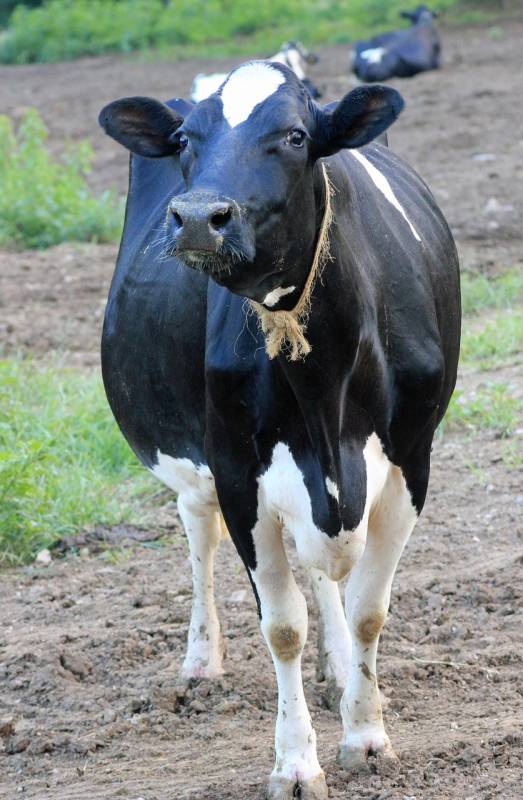 Nestlé has also been busy with dairy. Over 110 dairy farms in Galicia, Asturias, and Cantabria have received more than €6 million and introduced solar panels, greener livestock feed, and better waste management, leading to a reduction of 43,600 tons of CO₂ emissions by the end of last year.
Nestlé has also been busy with dairy. Over 110 dairy farms in Galicia, Asturias, and Cantabria have received more than €6 million and introduced solar panels, greener livestock feed, and better waste management, leading to a reduction of 43,600 tons of CO₂ emissions by the end of last year.New tech, new habitats
From farm to fork
Sign up for the Spanish News Today Editors Roundup Weekly Bulletin and get an email with all the week’s news straight to your inbox
Special offer: Subscribe now for 25% off (36.95 euros for 48 Bulletins)
OR
you can sign up to our FREE weekly roundup!
Read some of our recent bulletins:
Discount Special Offer subscription:
36.95€ for 48 Editor’s Weekly News Roundup bulletins!
Please CLICK THE BUTTON to subscribe.
(List price 3 months 12 Bulletins)
Read more stories from around Spain:












